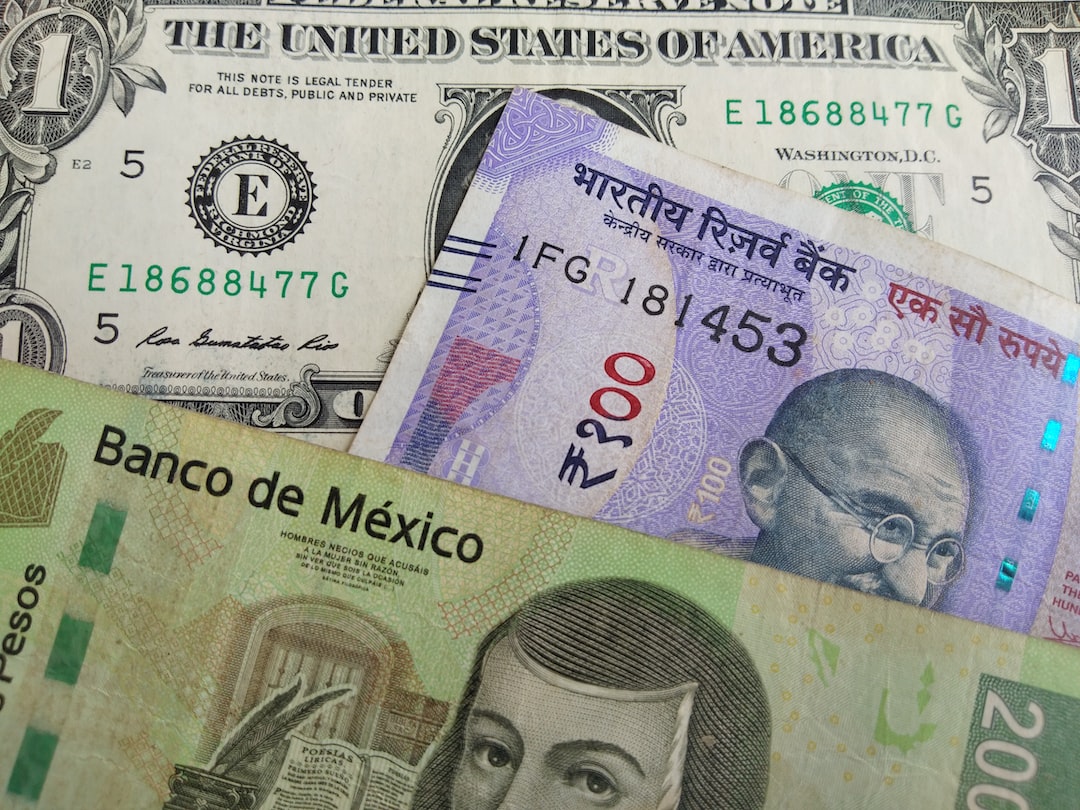The Basics of Foreign Exchange Forex Trading: Understanding the Market
Foreign exchange, commonly known as forex, is the global decentralized market for trading currencies. It is the largest and most liquid market in the world, with an average daily trading volume of $6.6 trillion. Forex trading offers individuals and institutions the opportunity to profit from the constantly fluctuating exchange rates of currencies.
Understanding the forex market is essential for anyone interested in trading currencies. In this article, we will delve into the basics of forex trading, including how it works, the major participants, and the factors that influence currency prices.
How Does Forex Trading Work?
Forex trading involves buying one currency while simultaneously selling another currency. Currencies are traded in pairs, with the most commonly traded pairs being EUR/USD, USD/JPY, GBP/USD, and USD/CHF. The first currency in the pair is called the base currency, while the second currency is the quote currency.
The exchange rate of a currency pair represents the amount of quote currency needed to purchase one unit of the base currency. For example, if the exchange rate of EUR/USD is 1.20, it means that 1 euro is equivalent to 1.20 US dollars.
When trading forex, traders speculate on the future movement of currency prices. If they believe the value of the base currency will rise against the quote currency, they go long or buy the pair. Conversely, if they anticipate a decline in value, they go short or sell the pair. Profits or losses are realized based on the difference between the purchase and sale prices.
Major Participants in the Forex Market
Several key players participate in the forex market, including:
1. Commercial banks: Banks facilitate the majority of forex transactions on behalf of their clients, such as corporations, governments, and individuals. They provide liquidity to the market and play a vital role in setting exchange rates.
2. Central banks: Central banks, such as the Federal Reserve (Fed) in the United States or the European Central Bank (ECB) in Europe, have a significant impact on currency prices. They use monetary policy tools to control inflation, interest rates, and money supply, which can influence exchange rates.
3. Hedge funds and investment firms: These institutional investors trade forex on behalf of their clients, aiming to generate profits from market fluctuations.
4. Retail traders: Individual traders, including beginners and experienced professionals, make up a significant portion of the forex market. They trade through online platforms provided by brokers and can access the market 24 hours a day.
Factors Influencing Currency Prices
Currency prices are influenced by various factors, including:
1. Economic indicators: Economic data, such as GDP growth, inflation rates, employment figures, and interest rates, play a crucial role in shaping currency prices. Positive economic data often strengthens a currency, while negative data can weaken it.
2. Political events: Political stability or instability, elections, geopolitical tensions, and government policies can significantly impact exchange rates. For example, uncertainty surrounding Brexit negotiations between the UK and the European Union caused significant fluctuations in the British pound.
3. Market sentiment: Trader sentiment, market expectations, and risk appetite also influence currency prices. If investors perceive a currency as risky, they may sell it, causing its value to depreciate.
4. Speculation: Speculators, including hedge funds and retail traders, can influence currency prices through their buying and selling activities. Their actions are often driven by technical analysis, market trends, and other trading strategies.
Conclusion
Understanding the basics of forex trading is essential for anyone interested in venturing into the world of currency trading. The forex market provides numerous opportunities for profit, but success requires knowledge, discipline, and a deep understanding of market dynamics.
By grasping the mechanics of forex trading, the major participants, and the factors influencing currency prices, traders can make more informed decisions and improve their chances of success in this exciting and dynamic market.






